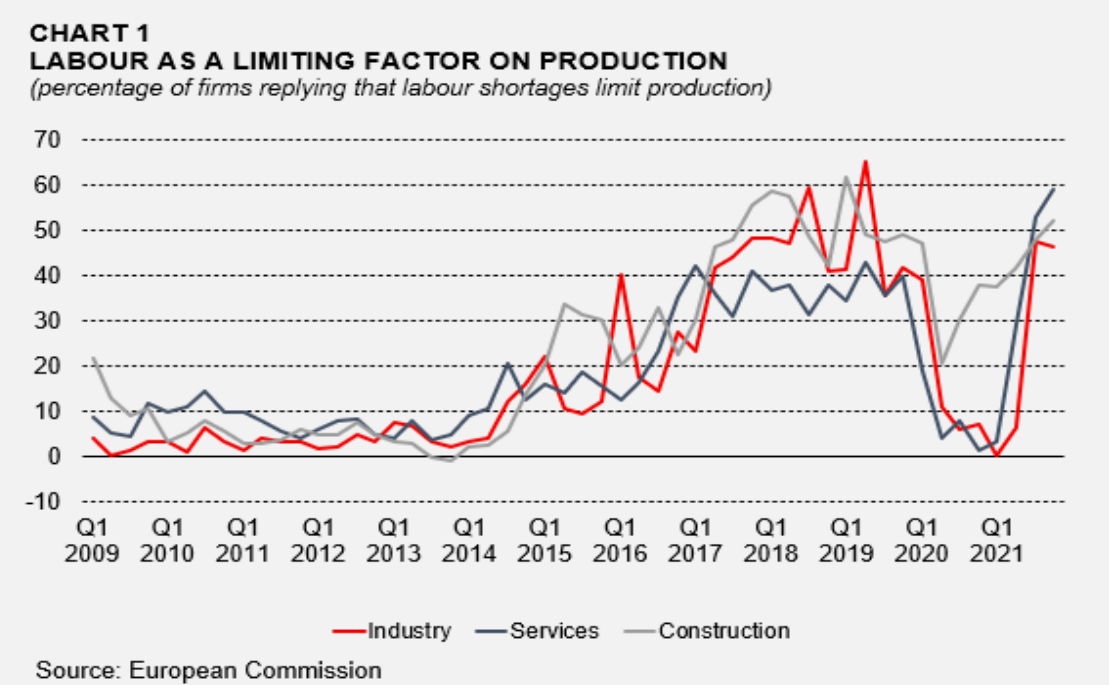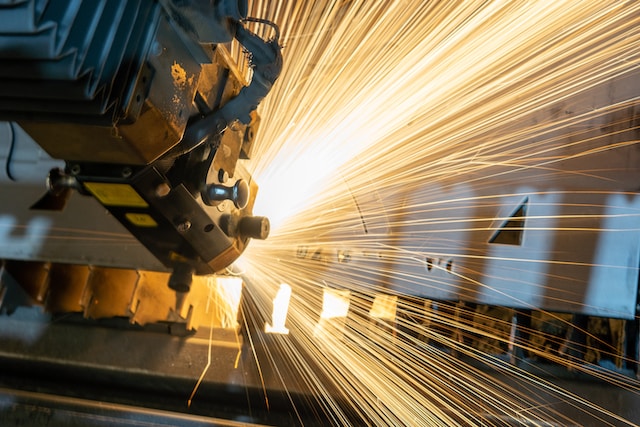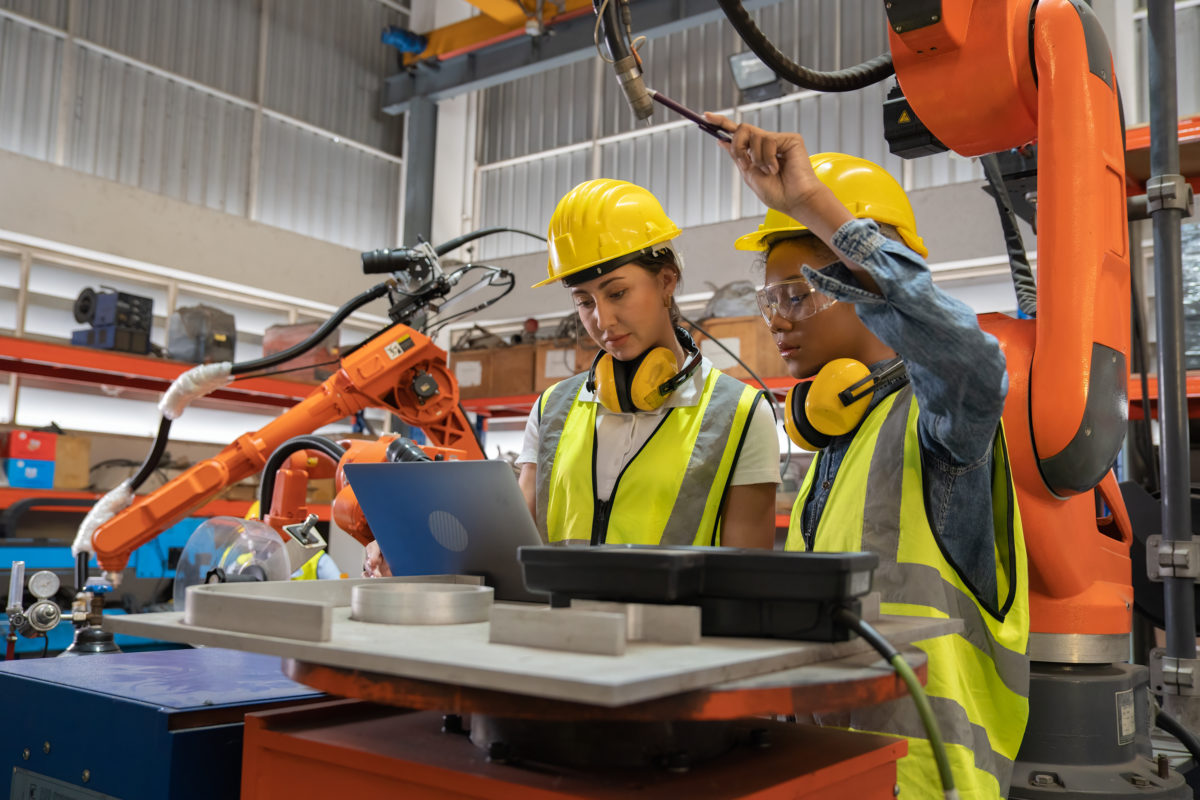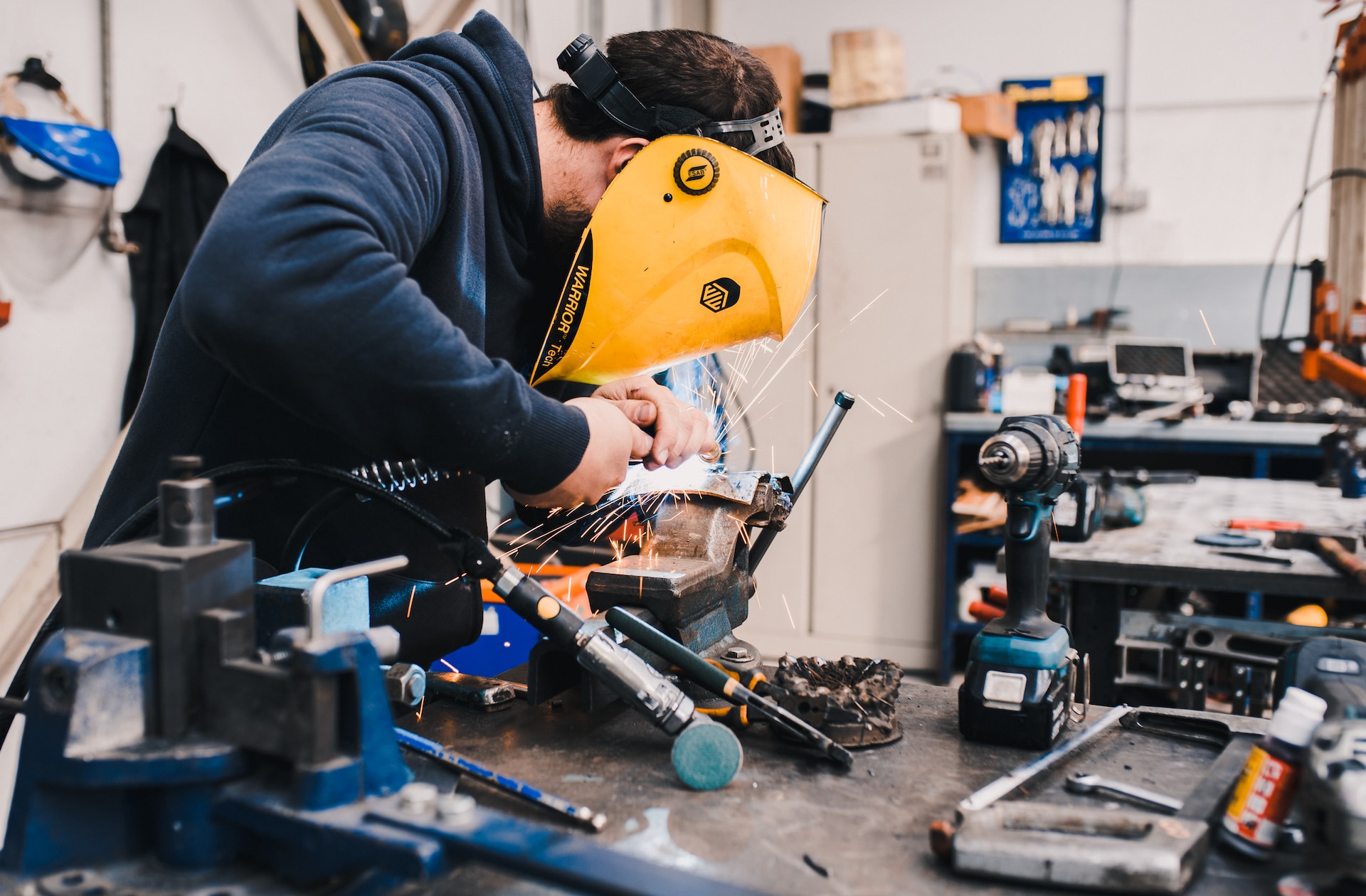If there’s one industry in which Malta punches well above its weight, it’s manufacturing. With it’s strategic location in the middle of three continents in Mediterranean, and having been recognised as a focal point of the country’s economic development, the only major setback for the industry is not having enough people to do the job, who know how to do the job.
Malta manufactures a wide range of goods, primarily high-value-added products such as electronic components, pharmaceuticals, specialised glass, plastic, and much more.
The country is a host to factories of several subsidiaries of major international companies such as Methode Electronics Malta, Baxter Malta and Raesch Quartz Malta.
Since Malta gained independence in 1964, the manufacturing industry was instrumental in the country’s economic development. According to a report published by the Central Bank of Malta in 2018, the industry developed from a low-cost sector to one producing higher-value goods.
Nowadays, the industry is booming with the manufacturing output having hit a 10-year high in May 2023, and with the pharmaceutical and chemical industry spearheading the way.
According to data provided by the National Statistics Office, during the first quarter of 2023, the manufacturing industry was responsible for 6.9 per cent of Malta’s GDP, almost twice the size of the construction industry.
The industry also employed roughly 30,000 people in Q1 2023, however tight labour market conditions continue to be one of its most pressing issues, triggering both a workforce and a skills shortage.
This is particularly pronounced with the industry's ongoing pivot to high-value goods, in which specialised skills are increasingly in demand.

Stakeholders
While there isn’t an organisation which exclusively represents the manufacturing industry, the Malta Chamber of Commerce and Industry has an economic group which represents manufacturers. The Chamber of Small and Medium Enterprises also represents a number of the country’s manufacturers.
Meanwhile from the Government’s side the parastatal entity Malta Enterprise, which falls under the Ministry for the Environment, Energy and Enterprise is active in promoting the country’s advanced manufacturing industry.
It provides a number of incentives and loans for local manufacturers to help upgrade their equipment and undertake digitalisation efforts.

Energy prices, supply chain issues and EU funds
Over the past years, the manufacturing industry has been able to weather the storm brought on by the COVID-19 pandemic and the Russian invasion of Ukraine.
Prior to the COVID-19 pandemic, 90 per cent of all advanced microchips were produced in Taiwan, and as global economies shut down to minimise the spread of the virus, several producers of products which relied on the integration of these components had to scale down or even temporarily suspend production.
This situation motivated the EU to plan on doubling its global market share in the sector from 10 per cent in 2023, to 20 per cent by 2030.
In June, the European Commission approved a landmark €8 billion state-aid package through the second call for Important Projects of Common European Interests (IPCEI) in the semiconductor sector. Malta, through STMicroelectronics, has been confirmed as one of the 14 participating European Union member states.
In practice this means that Malta Enterprise will support STMicroelectronics and in its project to incorporate advanced automation concepts, designed to elevate the quality of devices manufactured in Europe and reach its goal of becoming the “pinnacle” of smart factory and industry 4.0 standards.
During the tail-end of the COVID-19 pandemic, the Russian invasion of Ukraine also broke out, which led to spiralling energy prices across most of Europe as sanctions from the EU and retaliation from Russia ensued.
While in several countries across the EU, businesses and consumers had to absorb the costs of rising energy prices directly, in Malta the Government froze energy prices through generous subsidies.
While the measure has taken a major toll on public finances, with at least €600 million having been budgeted for 2023 alone, without this measure energy prices may have doubled.
This gave local manufacturers, especially those in energy-intensive sectors such as the pharmaceutical and electronics, a competitive advantage over their European competitors. While several European industries had to shut down due to soaring energy prices making operations at times unprofitable, local manufacturers did not have to worry about this.

Education & training
To support the growth of the manufacturing industry, there are several resources for individuals to get involved, with both MCAST and the University of Malta providing a range of courses in engineering.
Within the University, there’s also a dedicated department of industrial and manufacturing engineering. There one may find the option to take up an undergraduate in electrical and electronial engineering, or mechanical engineering.
It also provides postgraduate courses in the aforementioned disciplines, as well as in biomechanics and integrated product development.
With the lurch towards the fourth industrial revolution which is leading to further digitalisation and automation in manufacturing, ICT skills are also in demand.
Several of the country’s manufacturers also provide a broad selection of internships which provide useful handful experience.
Future of the industry
Despite the country’s relatively small workforce, the manufacturing industry has shown strong and steady growth with major companies demonstrating commitment in expanding their domestic operations.
With industrywide output hitting new highs, and with the inclusion of a local firm in the European Union's state-aid package to boost domestic semiconductor production, the outlook appears positive.
The most pressing challenge will likely continue to be a shortage of a highly skilled workers due to the country’s ever-worsening labour shortage. The ball is in policymakers’ court to take steps to tackle the issue. If addressed, a significant amount of potential growth may be unleashed.
If the issue is addressed, then Malta would be in pole position to attract significant FDI in manufacturing and expand the industry’s operations.
WATCH: MEPs in dialogue – Enhancing Europe
The fourth in a series of debates designed to engage citizens in the lead-up to the MEP elections
BELS CEO: Unlocking the power of customisation, size, and passion
Rebecca Bonnici, CEO of BELS, discusses bespoke corporate language training and credits success to their passion and size
St Julian’s registers highest numbers of thefts in bars, restaurants and hotels in the first 3 months of 2024
The figures were tabled in Parliament on Tuesday






